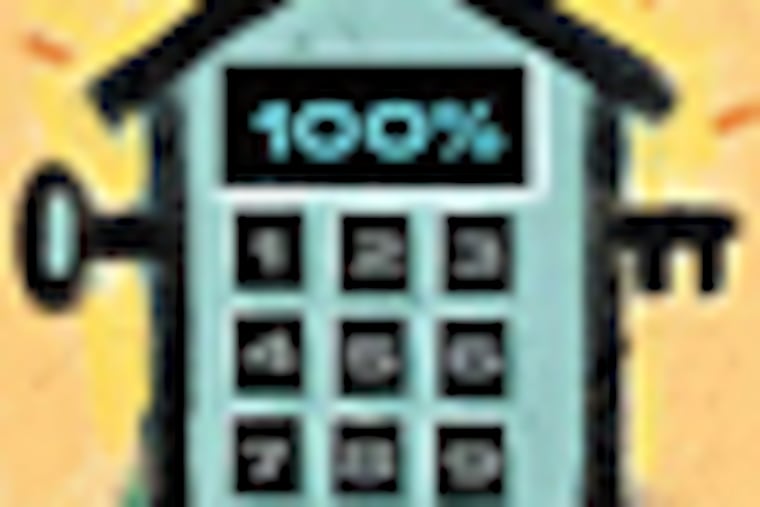Philadelphia getting 2d shot at saving property-tax revenue
The City of Philadelphia is getting a second crack at submitting data on 2010 property sales to an obscure state tax board to avoid the potential loss of millions in property-tax revenue for the city and school district.

The City of Philadelphia is getting a second crack at submitting data on 2010 property sales to an obscure state tax board to avoid the potential loss of millions in property-tax revenue for the city and school district.
A decision on the city's appeal based on the new data, which the city is still assembling, is expected soon, as the State Tax Equalization Board intends to meet Monday, said Renee Reynolds, the executive director of the board.
The city over several decades had turned in data that masked the city's inequitable and inaccurate assessments.
Reynolds had said this summer that managers of the city's new Office of Property Assessment had submitted "very good data" for 2010 sales. But those data resulted in a shift that could potentially open the door for thousands of appeals by property owners and cost millions in reduced property taxes.
After the city objected to the tax board's July ruling, Reynolds took a closer look.
At issue is the relationship between the assessed value and the market value of real estate in the collection of property taxes. In Philadelphia, the assessed value is set at 32 percent of the market values used by the city, which have long been inaccurate for thousands of residential and commercial properties.
The tax rate is then applied to the assessed value to calculate the tax due.
Every year, the tax equalization board uses sales data submitted by county officials to check the accuracy of the counties' assessment ratios.
The process can have significant financial implications for municipalities. If the ratio calculated by the tax board differs by more than 15 percent from the county's predetermined ratio, then the board's ratio must be used when a taxpayer appeals a tax assessment. That can result in a lower tax bill.
In July, the board's calculated ratio for Philadelphia came out at 18.1 percent, far below the city's predetermined ratio of 32 percent.
In its Sept. 30 appeal letter to the tax board, signed by city solicitor Shelley R. Smith, the city called the tax board's ratio of 18.1 percent "inaccurate and inequitable" and said it could result in "substantial, unanticipated, and unbudgeted decreases" in tax collections for the fiscal year ending in June.
The deadline for appeals was Oct. 3. Almost 2,000 appeals were filed, with about 60 percent of them, or 1,200, mentioning the common level ratio, according to Mark McDonald, Mayor Nutter's spokesman.
"As to the impact on the city, we are not able to assess that at this time," he said in an e-mail Monday.
Reynolds said she expected to receive a new data set soon. "They are trying to do what they need to get done," she said. "I believe they are heading in the right direction."